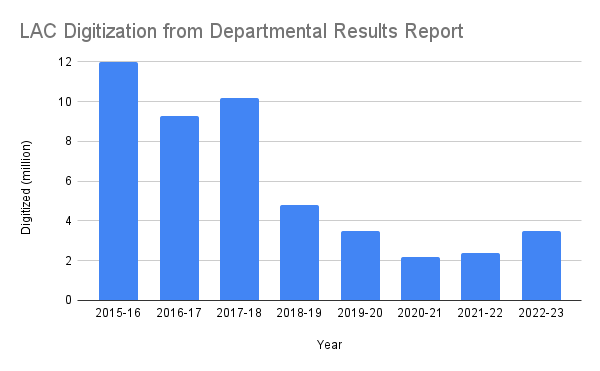A reminder about another opportunity to attend Saturday morning and afternoon genealogy events in Ottawa, and an extra.
BIFHSGO
Online and at Knox Presbyterian Church, Elgin at Lisgar.
9 am: Back to Basics: Military service records, by Ken McKinlay.
https://www.bifhsgo.ca/events
10 am: “We Will Remember Them” (Family stories from times of war), by Susan Davis, Sue Lambeth, Linda Reid, Mary-Lou Simac and Barbara Tose.
https://www.bifhsgo.ca/events
OGS Ottawa Branch
Online and at the City of Ottawa Archives, 100 Tallwood.
1 pm: Rural Diary Archive, by Catharine A. Wilson.
https://ottawa.ogs.on.ca/events/rural-diary-archive-ottawa/
BIGWILL
In casse neither of those appeal, an additional Saturday morning opportunity, online at 11 am EST, is Ye Olde Genealogie: Medieval English Research
The British Interest Group of Wisconsin and Illinois invites you to attend our November meeting with guest speaker, Dr. Daniel Hubbard, with the topic being “Ye Olde Genealogie: Medieval English Research.” In this presentation Dr. Hubbard will look at the transition from “modern” genealogy to researching in the middle ages, what you can do to research your ancestors among the “common folk” when there are no more parish registers to follow back in time. Then, browse through some of the vast amount of documentation for the gentry and nobility. Some of those documents, like wills, should feel familiar. Others will bear little resemblance to what we normally think of when we think of genealogy-heraldic visitations, inquisitions post-mortem, pipe rolls, etc., and we will know that we have entered the genealogical mists of time.
Via Zoom, please register in advance: us06web.zoom.us/meeting/register/tZYucO-srD0jHtafxgl_64C0T0nmbCKWkx7t
After registering, you will receive a confirmation email containing information about linking to the meeting.


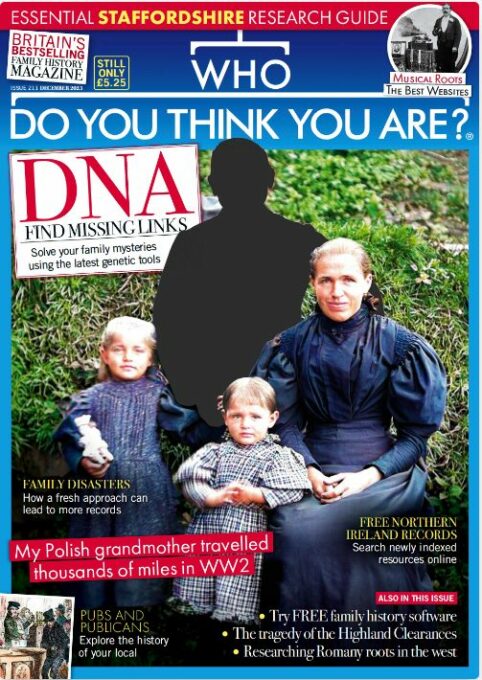 I’d barely posted on the November issue when the December issue came out on 7 November.
I’d barely posted on the November issue when the December issue came out on 7 November.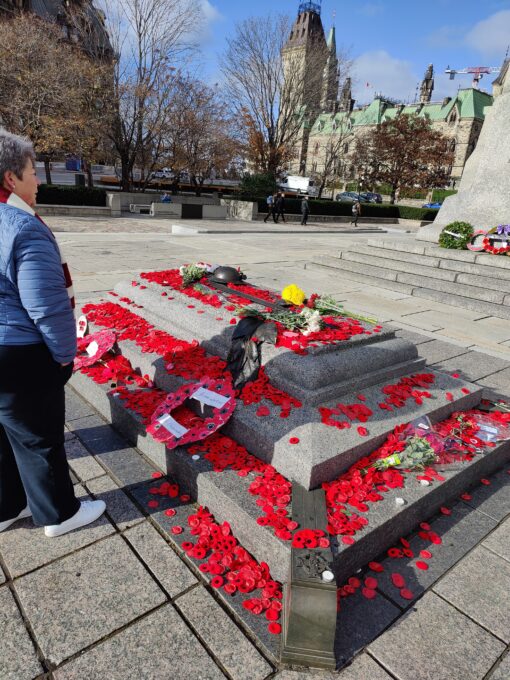 A sunny Sunday morning tempted me to downtown Ottawa to pay my respects at the National War Memorial. Skirting
A sunny Sunday morning tempted me to downtown Ottawa to pay my respects at the National War Memorial. Skirting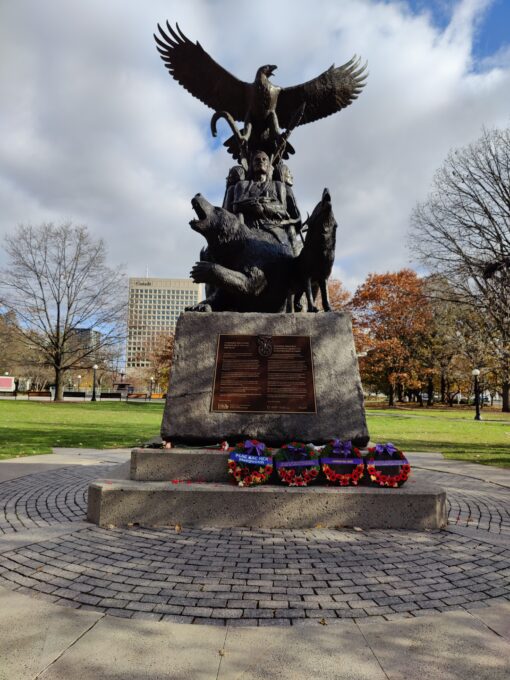
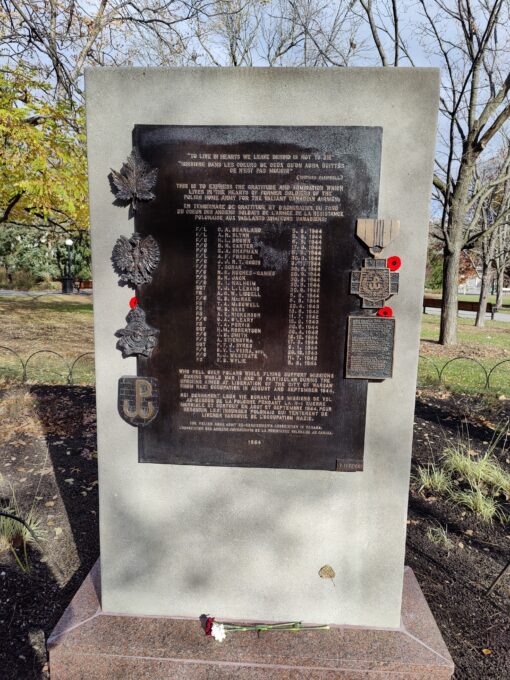
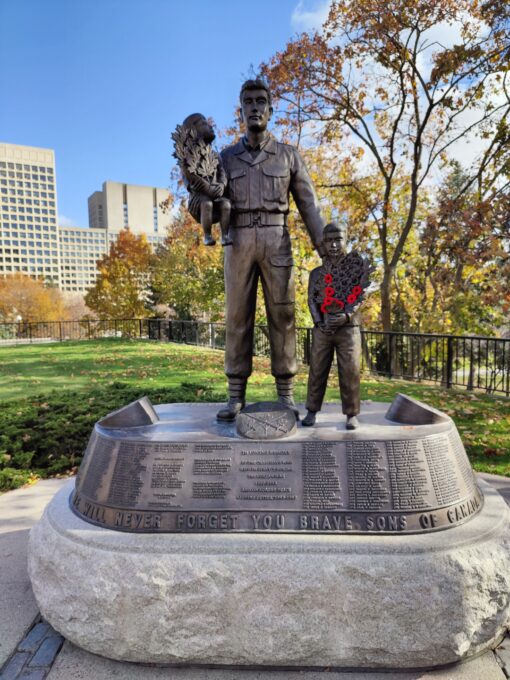
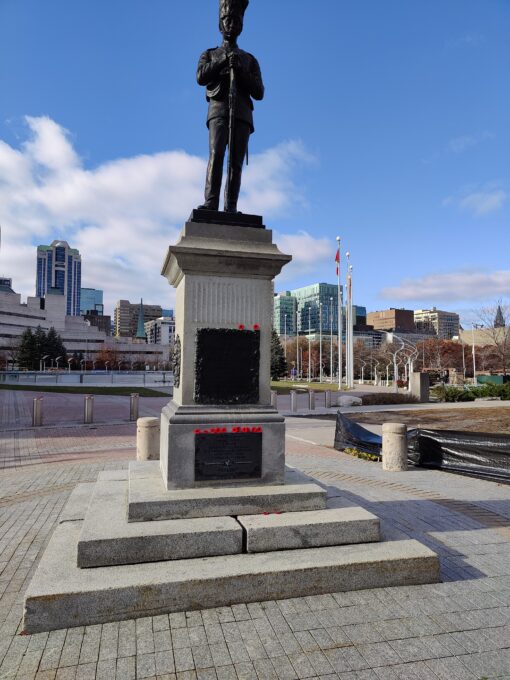
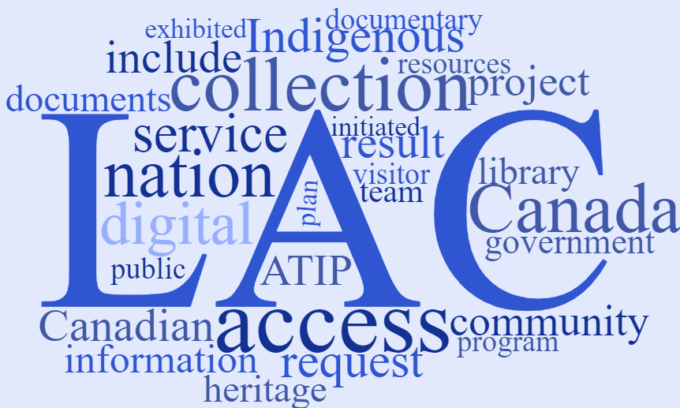 The Library and Archives Canada annual Departmental Results Report, tabled in the Commons, is available
The Library and Archives Canada annual Departmental Results Report, tabled in the Commons, is available 